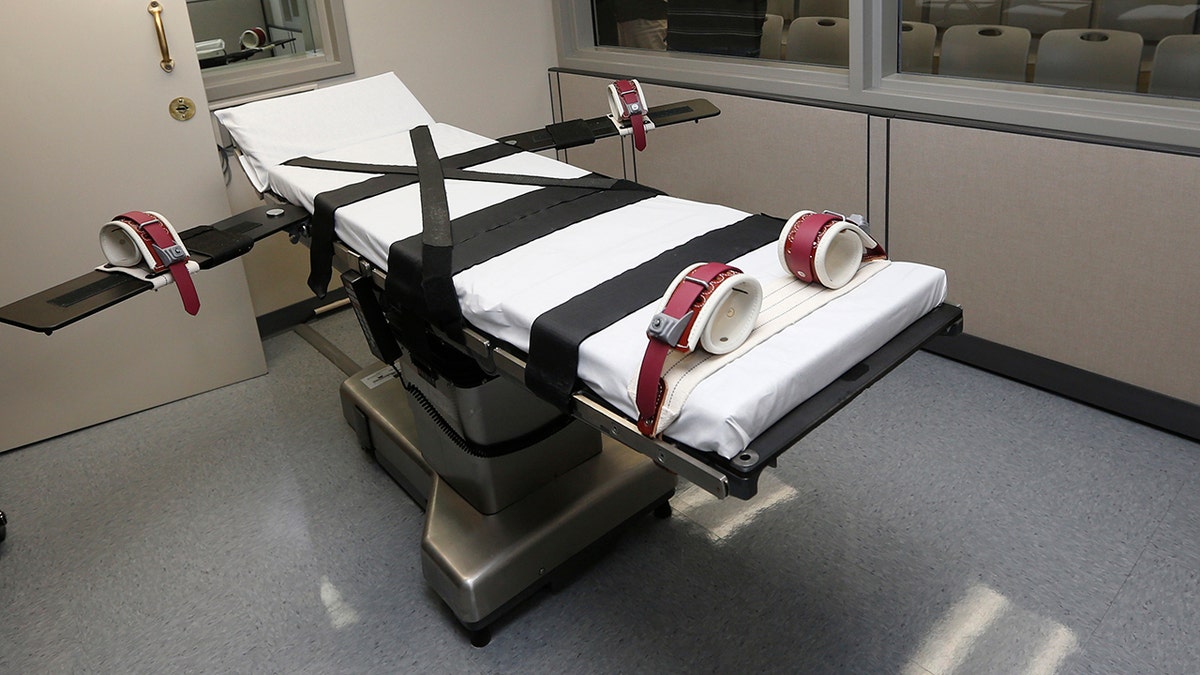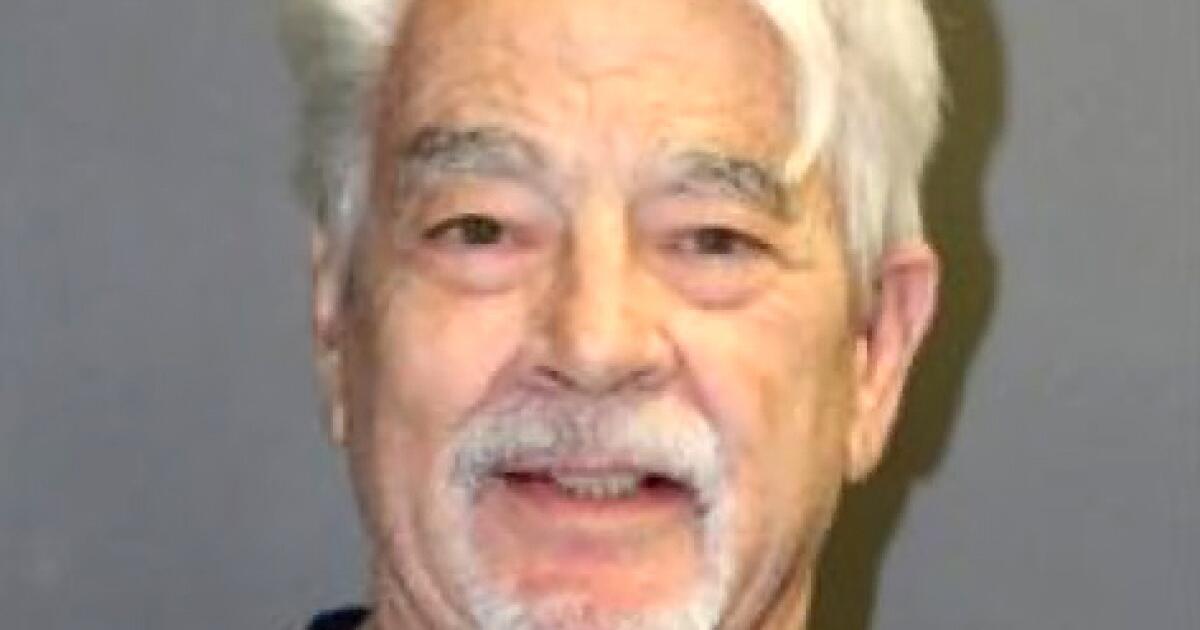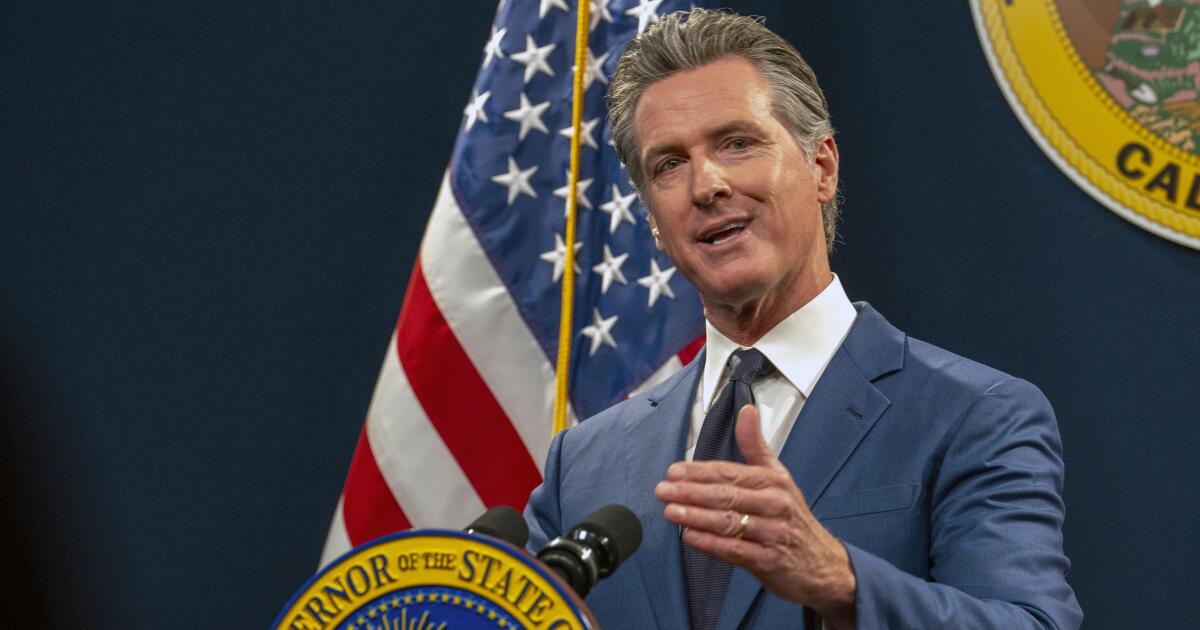White House Press Secretary Karine Jean-Pierre said Friday that the Biden administration is “deeply concerned” about the experimental execution of a man in Alabama using nitrogen gas and expressed concern about the death penalty. .
Kenneth Eugene Smith, 58, was executed Thursday night by breathing pure nitrogen gas through a face mask, a controversial method of capital punishment used for the first time in the United States that causes oxygen deprivation. The execution method, which has been criticized as inhumane and a form of torture, comes after the Supreme Court rejected a last-minute appeal to stay the execution of the death penalty in the case.
“The reports about Kenneth Smith and his death last night are obviously very worrying,” Jean-Pierre told reporters at a news conference. “It's very concerning for us as an administration, it's very concerning for us here in the White House.”
This was the first time a new execution method was used in the United States since lethal injection, now the most commonly used form of capital punishment, was introduced in 1982.
ALABAMA DEATH ROW INMATE EXECUTED WITH NITROGEN GAS, THE NATION'S FIRST WITH A NEW METHOD IN 42 YEARS
Kenneth Eugene Smith, 58, was the first inmate executed for nitrogen hypoxia. (Alabama Department of Corrections via AP)
The execution lasted about 22 minutes and Smith appeared to remain conscious for several minutes. For at least two minutes, he appeared to shake and writhe on the gurney, sometimes straining at the restraints, before several minutes of breathing heavily until breathing was no longer perceptible.
“The president has long said and has had deep concerns about how the death penalty is implemented and whether it is consistent… with our values,” he continued. “So we're deeply troubled by the death of Kenneth Smith. And so, you know, it's just disturbing to hear.”
Smith was facing the death penalty for the 1988 stabbing murder of a preacher's wife, Elizabeth Sennett, who was found dead in the home she shared with her husband in Colbert County. Prosecutors said Smith was one of two men who were paid $1,000 each to kill Sennett on behalf of her husband, who was in huge debt and wanted to collect the insurance money.
Her husband, Charles Sennett Sr., committed suicide when the investigation began to consider him as a possible suspect. The other man convicted of the murder was executed in 2010.
Alabama attempted to execute Smith by lethal injection in 2022 but was unable to do so due to problems with the insertion of an IV into his veins, the second time in two months and the third time since 2018 that the state failed to execute a man. recluse.
ALABAMA DEATH ROW INMATE FACEING EXECUTION FOR NITROGEN HYPOXIA LOSES FINAL APPEAL

White House Press Secretary Karine Jean-Pierre said Friday that the White House is “deeply concerned” about the execution of Kenneth Eugene Smith with nitrogen gas. (JIM WATSON/AFP via Getty Images)
Republican Gov. Kay Ivey announced the day after Smith's botched execution that executions would be suspended to allow for an internal review of lethal injection procedures. Lethal injections in Alabama resumed last summer.
In Smith's last-minute appeal to the Supreme Court on Thursday to block his execution, he argued that his death sentence should not be carried out because of the possibility of the state botching the procedure after the first failed attempt to carry it out. The court rejected the appeal, but Justice Sonia Sotomayor wrote in a dissenting opinion that Alabama was using Smith as a “guinea pig” to test a new method of execution.
The United Nations and the European Union condemned Smith's experimental execution.
“He was writhing and clearly in pain,” U.N. Human Rights Office spokeswoman Ravina Shamdasani said at a U.N. briefing. “Instead of looking for novel and unproven methods of executing people, let's simply end the death penalty. This is an anachronism that does not belong in the 21st century.”
The UN Human Rights Office previously warned that it believed the capital punishment method “could violate the prohibition of torture or other cruel, inhuman or degrading treatment or punishment.”

Breathing pure nitrogen gas through a mask, a controversial method of capital punishment first used in the United States, has been criticized as inhumane. (AP Photo/Sue Ogrocki, File)
CLICK HERE TO GET THE FOX NEWS APP
The European Union said in a statement on Friday that nitrogen hypoxia was “particularly cruel and unusual punishment” and urged states to “move towards abolition, in line with the global trend.”
In 2021, Attorney General Merrick Garland imposed a moratorium on the federal death penalty, a move supported by President Biden.
“[Smith’s execution] “underlines why the president supports the attorney general's moratorium on the federal death penalty, pending a review of the policies and procedures governing its use,” Jean-Pierre said Friday.
But despite the moratorium, federal prosecutors said earlier this month that they will seek the death penalty against the gunman who in May 2022 killed 10 Black people at a grocery store in Buffalo, New York.
“The president has always had deep concerns about how the death penalty is applied,” Jean-Pierre said. “He always has.”












